Apple v. Samsung Judge Lucy Koh on Tuesday handed down some of the first rulings in the case's post-trial proceedings, granting an Apple motion to invalidate certain claims of a Samsung patent but denying five others, including a request for a new trial stemming from a contention that the Korean company willfully infringed on Apple's patents.
Update: Added Judge Koh's order denying Apple's damages enhancements.
In the document filed with the U.S. District Court for the Northern District of California, Judge Koh found that Samsung did not act willfully in infringing on Apple's patents, denying the Cupertino company a chance to triple damages associated with the suit.
The jurist granted Apple's motion that sought judgment as a matter of law to invalidate two claims of Samsung's U.S. Patent No. 7,675,941 for wireless data packet technology and denied five others:
- DENIES Apple’s motion for judgment as a matter of law that Apple’s unregistered iPad/iPad 2 trade dress is protectable, infringed, and diluted;
- DENIES Apple’s motion for judgment as a matter of law that the Galaxy Tab 10.1 infringes the D’889 Patent;
- DENIES Apple’s motion for judgment as a matter of law that all accused Samsung phones infringe or dilute all Apple’s intellectual property as asserted, and that all acts of infringement or dilution by accused Samsung phones and tablets were willful and induced by SEC;
- DENIES Apple’s motion for judgment as a matter of law that the ’893, ’711, ’460, and ’516 Patents are invalid; and
- DENIES Apple’s motion for judgment as a matter of law that Samsung is liable to Apple for breach of contract and antitrust violations stemming from breach of the ETSI IPR Policy.
One of the more important findings in Tuesday's batch of rulings is an order on Apple's motion for judgment that Samsung was willful in infringing on the patents in suit, an issue that the Apple v. Samsung jury found to be the case in five cases. Judge Koh notes that in order to find willful infringement, a two-pronged analysis of subjective and objective inquiry must be satisfied. The judge found similarly for Apple's remaining JMOL contentions, including the D'889 design patent with which Apple previously won a short-lived injunction against the Galaxy Tab in 2012.
Agreeing with the jury's findings, the ruling stated, "Here, the jury found that there was no subjective willfulness, and the Court agrees that this finding was supported by substantial evidence in the record. Therefore, even if the Court were to find the objective prong satisfied, there can be no ultimate willfulness determination. Accordingly, the Court need not reach the objective analysis."
As for Samsung's '941 patent, the filing describes the property as "a system for data transmission over wireless systems by chopping up data in discrete packets, with headers containing information needed for data reassembly after transmission." Specifically, Apple argued that claims 10 and 15 were invalid due to a single piece of prior art called the "Agarwal Patent," which deals with similar technology when used in conjunction with satellite rather than cellular networks. Samsung previously attempted to demonstrate invention by noting several elements of claims 10 and 15 are absent from the Agarwal Patent, including three specific technical terms.
In response, Apple noted that the prior art does, in fact, address both “satellite and wireless†networks, effectively nullifying Samsung's first argument. As for the three specific terms, Apple presented expert testimony from Dr. Edward Knightly that accounted for the missing elements.
On whether Apple's unregistered iPad and iPad 2 trade dress are protectable, Judge Koh sided with the jury and found no infringement or dilution from Samsung.
 Mikey Campbell
Mikey Campbell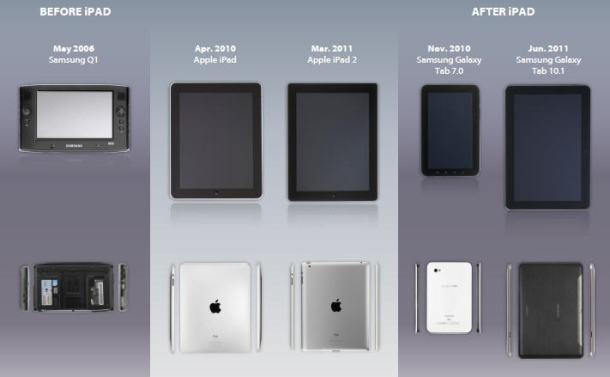







-m.jpg)





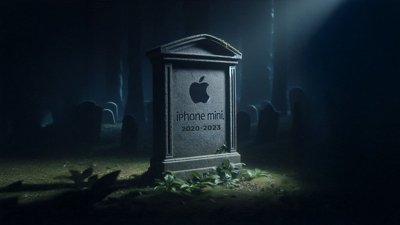
 Amber Neely
Amber Neely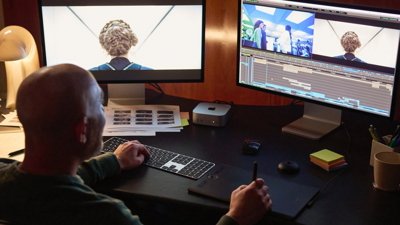
 William Gallagher
William Gallagher
 Christine McKee
Christine McKee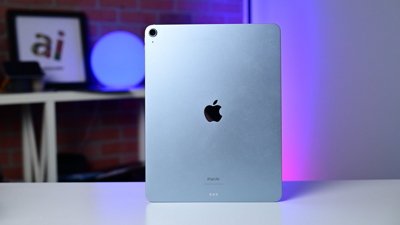
 Andrew Orr
Andrew Orr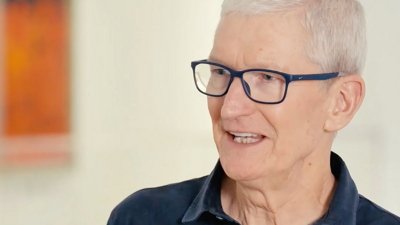
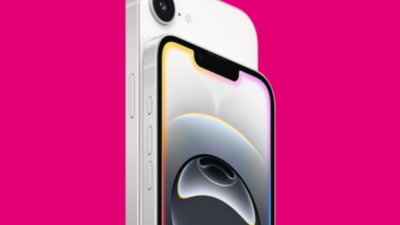
 Sponsored Content
Sponsored Content
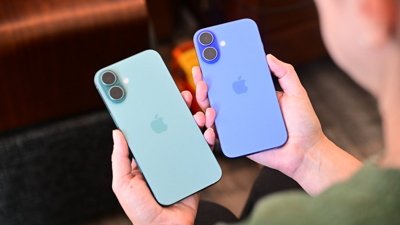









40 Comments
Original statement retracted. AI must see something I don't.
In the document filed with the U.S. District Court for the Northern District of California, Judge Koh overturned the Apple v. Samsung jury's finding that Samsung acted willfully in infringing on Apple's patents, denying the Cupertino company a chance to triple damages associated with the suit.
Umm... where do you see that she overturned any of the jury findings that Samsung acted willfully?
She also denied Apple's motions to declare that Samsung had willfully engaged in FRAND abuse, etc.
--
Again, with the denials she was upholding what the jury had already decided. Everything stayed the same as it was before, except for invalidating a couple of Samsung patent claims.
At least, that's the way it reads to me at first glance. However, I'm tired and could have missed something.
EDIT: AI added the link to the second ruling after I wrote this. That's the one that denied willful damages. The first ruling, which is all that was posted at the time, did not overturn the jury, just as I said.
I'm just going to go ahead and assume that all the other geek/linux/gadget sites will write a headline that proclaims Apple was "smacked down by the law" or "loses big time in court." Such is the way of things.
This ruling makes no sense based on what was revealed in the courtroom. None whatsoever.
This ruling makes no sense based on what was revealed in the courtroom. None whatsoever.
Unless you think she should overturn what the jury decided. Samsung would love the jury verdict to be overturned.
EDIT: I repeat that all of the basic jury decisions about infringement were indeed upheld, so Samsung is still guilty of those. What was denied in the second ruling, was Apple's request for treble damages on account of willfulness.